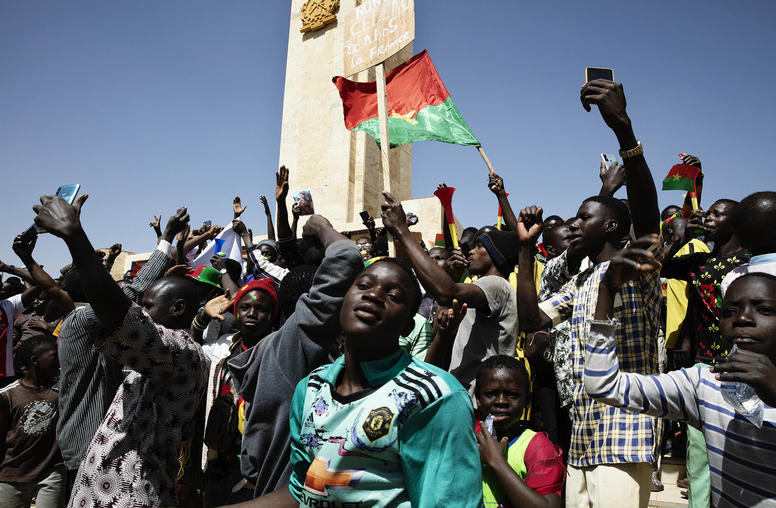State of Migration in East and Horn of Africa
The United States has increasingly recognized Africa’s pivotal role in meeting the defining global challenges of our time. As a result, U.S. policy objectives — including advancing democracy and governance, peace and security, trade and investment, and economic development — have been reframed to reflect Africa’s contributions, leadership, and potential as an engine of growth and innovation. The 2022 State of Migration in East and Horn of Africa Report identifies how regional integration and human mobility can help unlock this transformative potential and contribute to East and the Horn of Africa’s socioeconomic development and political stability.
On July 11, USIP, the U.S. Committee for Refugees and Immigrants, and one of the report’s co-publishers — the International Organization for Migration — held a discussion on the report’s key findings and recommendations. The conversation also touched on the region’s significant advances in key policy areas such as trade, labor mobility, border management, digitalization, health, gender and climate change.
Continue the conversation on Twitter using the hashtag #StateOfMigration.
Speakers
Joseph Sany, welcoming remarks
Vice President, Africa Center, U.S. Institute of Peace
Amy Pope, opening remarks
Director General-Elect, International Organization for Migration
Eskinder Negash
President, U.S. Committee for Refugees and Immigrants
Panelists
Tsion Tadesse Abebe
Chief Editor, The State of Migration in East and Horn of Africa
Mohammed Abdiker
Regional Director, Regional Office East and Horn of Africa, International Organization for Migration
Yemisrach Benalfew
Coordinator, Intergovernmental Authority for Development
Elizabeth Campbell
Deputy Assistant Secretary, Bureau of Population Refugees, and Migration, U.S. Department of State
Andrew Cheatham, moderator
Senior Advisor, Global Policy, U.S. Institute of Peace



